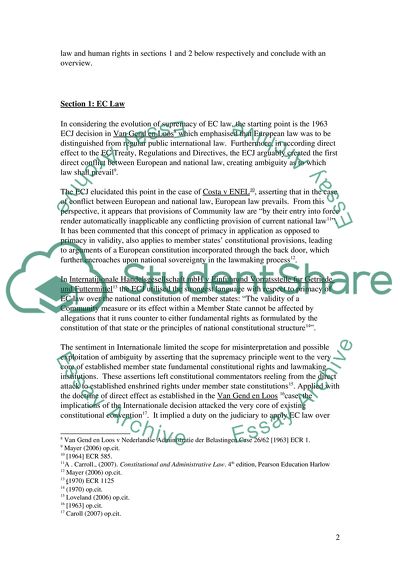Cite this document
(The Effect of European Law and Human Rights on the Lawmaking Process Case Study, n.d.)
The Effect of European Law and Human Rights on the Lawmaking Process Case Study. Retrieved from https://studentshare.org/law/1719970-introduction-to-law
The Effect of European Law and Human Rights on the Lawmaking Process Case Study. Retrieved from https://studentshare.org/law/1719970-introduction-to-law
(The Effect of European Law and Human Rights on the Lawmaking Process Case Study)
The Effect of European Law and Human Rights on the Lawmaking Process Case Study. https://studentshare.org/law/1719970-introduction-to-law.
The Effect of European Law and Human Rights on the Lawmaking Process Case Study. https://studentshare.org/law/1719970-introduction-to-law.
“The Effect of European Law and Human Rights on the Lawmaking Process Case Study”, n.d. https://studentshare.org/law/1719970-introduction-to-law.


